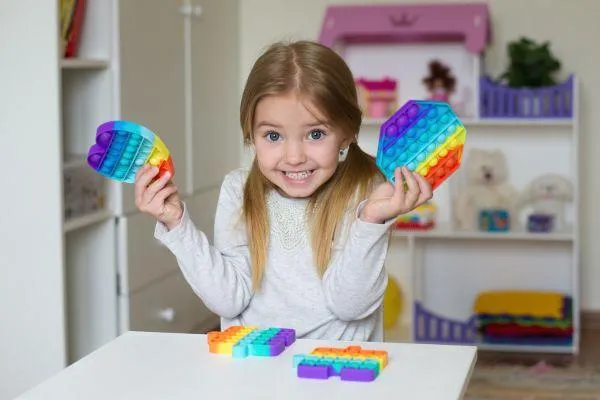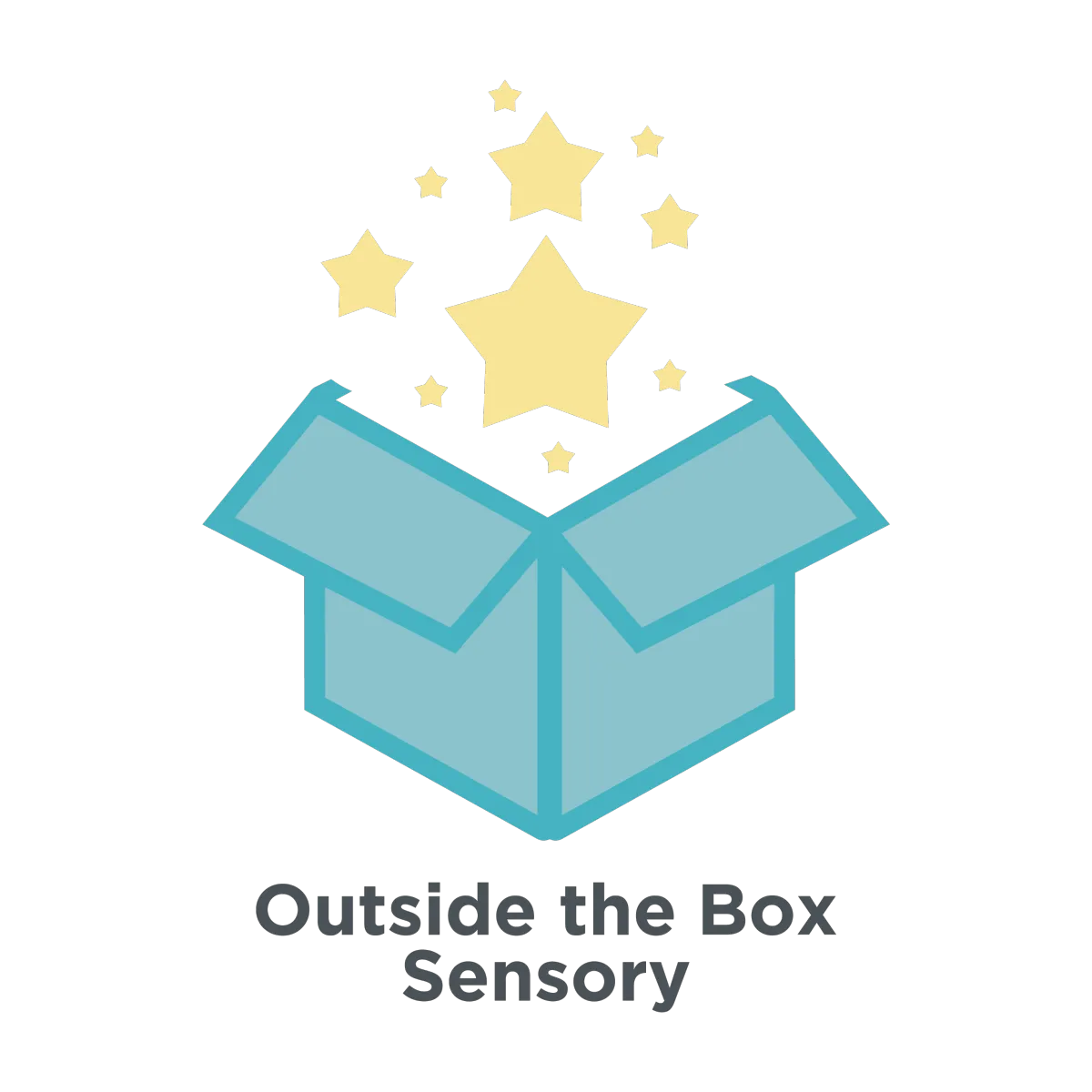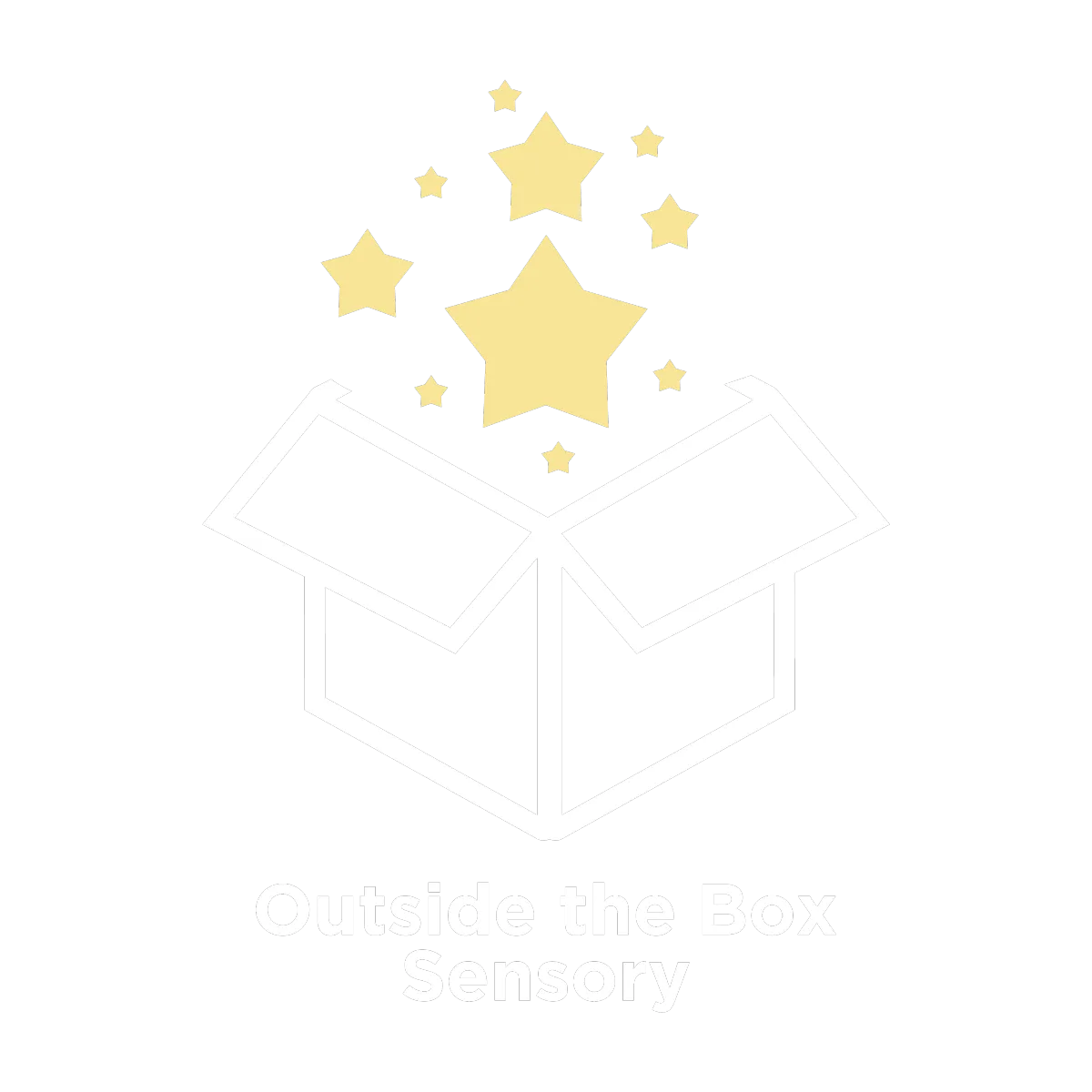Sensory-Friendly Tips for Neurodivergent Families
The Outside the Box Sensory Blog

Joanie's Story | A Neurodivergent-Affirming Path to Identification
In my upcoming book, I discuss a child called Joannie and her parents who are sitting in a clinical waiting room waiting for a diagnosis. I want to re-write this moment to describe what Joannie and her parents might experience in a more neurodivergent-affirming world.
Joannie and her parents walk into the building, where they will be discussing Joannie's identification as neurosensory divergent/ autistic. Joannie’s parents feel fairly confident Joannie will get her identification. So much resonated with the many early-years books they had read that focused on neurosensory families. Joannie’s intense stimming, her busy body and her focus on environmental input all made sense. There had been many discussions with her nursery, who identified Joannie as a visual/ musical learner. The nursery had been wonderful, ensuring Joannie had small group singing sessions, access to sensory downtime, and adult-led social groups. Although Joannie obviously found the setting challenging and would sometimes push other children away, they were also very understanding, and the added adjustments made a huge difference.
When they walk into the waiting room, Joannie’s eyes light up. There is a little trampoline, a soft play area and a cosy corner. The pastel colours of the walls are immediately calming, and knowing Joannie can play happily while they wait is a nice touch. Joannie’s Mum and Dad help themselves to a drink and sit chatting quietly while Joannie plays. They are both so interested to hear what pathway might be suggested for Joannie.
Joannie’s parents have already filled in a sensory profile and spoken to the paediatrician. Joannie has been observed by a sensory specialist at her nursery, and the nursery have filled in a sensory profile, pinpointing motor, communication, and sensory divergence. This session is about finding out the outcome of that profiling and discussing what comes next.
Joannie’s Dad picks up a neurodivergent settings magazine and leafs through it. There are several options for self-directed neurodivergent schools and hubs, dual settings, and mainstream neurodiversity-affirming in-school support. They know Joannie needs a setting with a focus on music, possibly alongside some forest schooling and self-directed learning, they are hoping to access a lovely dual hub that would be ideal. The hub has great links with the mainstream school, which could give Joannie a great start to her education journey. While they wait Joannie rolls down the softplay mats, stimming, and giggling with joy.
After five minutes, a lady comes out to meet them. She is called Sarah. She introduces herself and explains that she is their educational well-being support person whom they can talk to at any point throughout the process. She also tells them that her own daughter has been through the identification process and that she herself is neurodivergent. Sarah says she can help them in choosing a future educational pathway for their daughter. Sarah confirms that Joannie has been identified as being neurosensory divergent/autistic. Joannie’s Mum and Dad feel relieved knowing that this gives Joannie the right to access an educational setting tailored to her neurodivergent profile. Getting her identification means that Joannie can explore the world of learning at her own pace in environments where her profile will be truly understood and supported.
Joannie runs from the soft play mats and throws herself into her father’s legs, a bit harder than expected. She looks up, a little shocked, and her dad says, ‘It’s okay, missy. Are you okay?’ Joannie touches her dad’s nose with her finger and makes a little musical sound, which is her way of saying yes, and then runs and jumps onto the mats at the other side of the room. Her Dad explains to Sarah that Joannie loves singing and making musical sounds instead of using words. He also explains that Joannie seeks out deep pressure and is extremely active. ‘Yes’ says Sarah, ‘I can see that on her profile,’ Sarah continues. ‘Let’s look for some settings that support a musical and energetic profile. There are some wonderful musical programmes which aid communication and there is a hub right near you that offers both forest school and musical language support.’
Joannie’s parents smile, excited for what the future holds for their daughter.
* In my opinion, as a society we do not currently provide enough neurodiversity-affirming learning opportunities for children. There are private sector options for these types of settings, so it is more than possible to provide this type of education. Neurodivergent families should not be shamed for not fitting into typical schooling systems that are not designed round their child’s neurodivergent learning profile.

Join my mailing list!
Get emails with news, tips, and special offers straight to your inbox.
FREE DOWNLOAD
Living a balanced sensory life starts here!
© 2024 Outside The Box Sensory | All Rights Reserved



